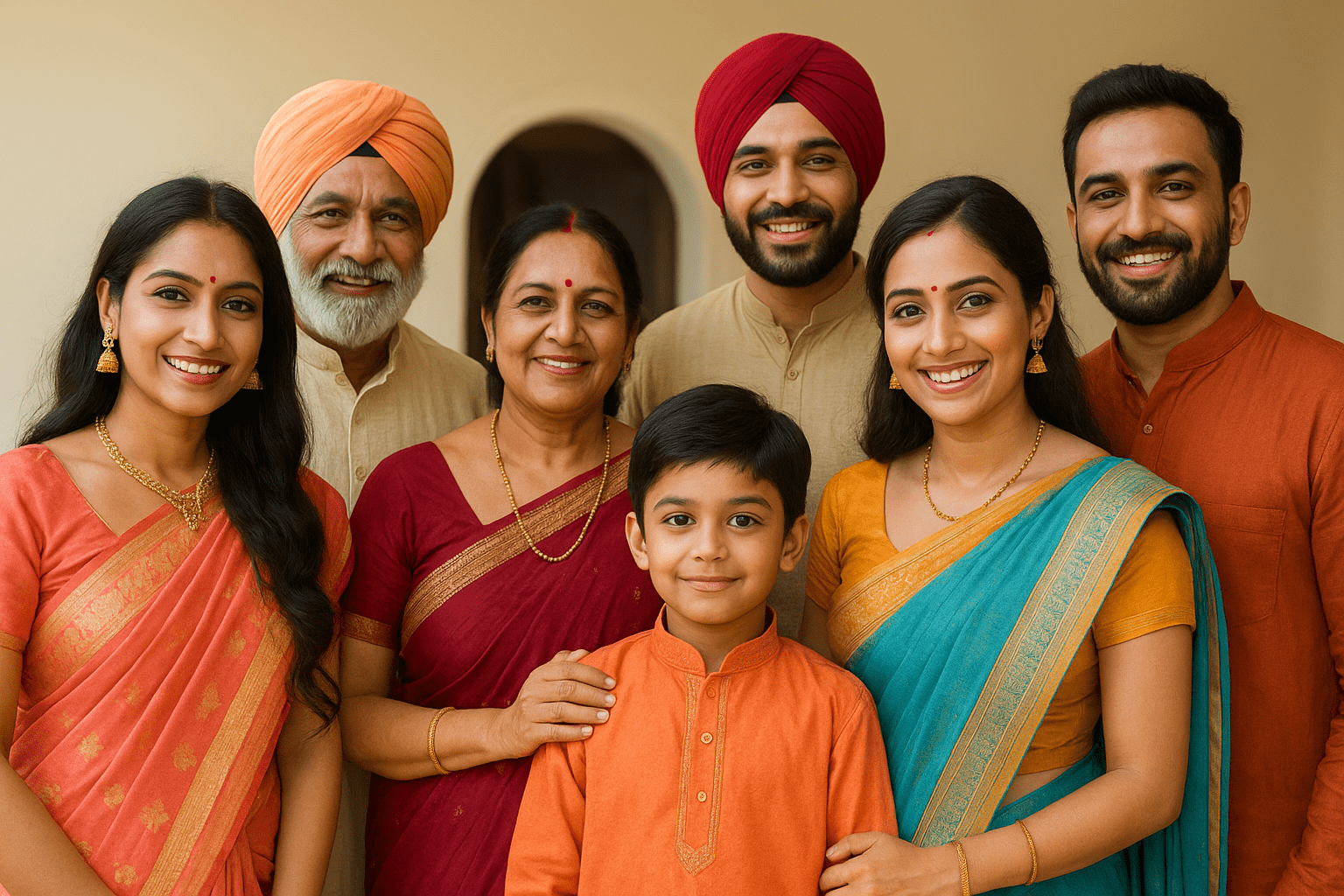
A Kaleidoscope of Love: Exploring Telugu Wedding Traditions That Celebrate Culture & Commitment

A Kaleidoscope of Love: Exploring Telugu Wedding Traditions That Celebrate Culture & Commitment
Few things in life are as mesmerizing as a traditional Telugu wedding. Rooted in ancient Vedic customs and enriched by centuries of regional flair, these celebrations are a vibrant mix of devotion, color, family bonds, and joyous rituals. From the bride’s graceful silk saree to the rhythmic beats of nadaswaram, every moment is woven with cultural elegance.
Pre-Wedding Rituals That Set the Stage
Before the main nuptials, Telugu weddings unfold through a sequence of meaningful pre-wedding ceremonies:
- Engagement Ceremony (Nischitartham): Families formally announce the alliance, exchange gifts, and offer blessings to the bride and groom.
- Snātakam: A symbolic ritual performed at the groom’s home, signifying that he is now eligible for marriage.
- Kashi Yatra: A playful tradition where the groom pretends to renounce worldly pleasures until the bride’s father persuades him to marry his daughter.
- Pelikuturu Ceremony: Held a day before the wedding, turmeric paste is applied to the bride and groom for purification and radiance.
Many families today incorporate modern elements like personalized invitation cards and Instagrammable photo booths, while still embracing every age-old ritual.
The Sacred Wedding Day: A Symphony of Tradition
The Telugu wedding ceremony itself revolves around several symbolic steps guided by Vedic mantras and family blessings. Key rituals include:
- Kanyadaanam: The bride’s father gives her hand to the groom in an emotional and sacred offering.
- Jeelakarra Bellam: The couple applies a paste of cumin seeds and jaggery to each other’s heads—symbolizing a bond of sweet unity and permanence.
- Madhuparkam Attires: The bride wears a white and red saree, while the groom wears traditional white dhoti and angavastram, representing purity and commitment.
- Mangalya Dharanam: The tying of the mangalsutra is the moment that solemnizes their union, witnessed by all guests with showered blessings and flower petals.
The wedding rituals hold spiritual significance, with Hindu wedding mantras creating a divine aura. Every gesture, from the exchange of garlands during madhulapeta to the bride’s graceful entry under the pallaki, builds a celestial atmosphere of love and legacy.
Dazzling Attire and Graceful Accessories
Telugu weddings are iconic for their stunning attire. The bride often wears the opulent Kanchipuram silk saree, adorned with intricate zari work and matched with gold temple jewelry that tells stories of deities and devotion. The groom usually dons a classic “Pancha” or dhoti and a silk kurta, sometimes layered with a richly embroidered angavastram.
For many families, these ensembles are heirlooms passed through generations—a tangible symbol of tradition and continuity. Learn about similar epic attire on our South Indian wedding dress guide.
Musical Celebrations and Cultural Vibes
The spirit of a Telugu wedding is magnified through its music. Traditional instrumental ensembles featuring nadaswaram and thavil reverberate across the venue, invoking blessings from the divine. Modern Telugu weddings often blend classical Carnatic music with contemporary beats during the sangeet-style evening. This fusion makes way for emotional moments and euphoric dance floors.
A Feast of Flavors: The Iconic Telugu Wedding Spread
One cannot talk about Telugu weddings without celebrating the sumptuous feast, traditionally served on a banana leaf. Guests are treated to a multi-course vegetarian meal that includes:
- Pulihora (tamarind rice)
- Sambar and rasam
- Gutti Vankaya (stuffed eggplant curry)
- Medu vada and payasam
- Gongura pachadi (sorrel leaf chutney)
In many contemporary Telugu weddings, live food counters offer an array of regional specialties and pan-Indian cuisines, satisfying every palate. Explore more mouthwatering options on our South Indian wedding food roundup.
Post-Wedding Joy: Griha Pravesham & Beyond
Following the celebration, the bride enters her new home via the emotionally significant Griha Pravesham ritual. With a gentle kick, she topples a pot of rice at the threshold, symbolizing prosperity and welcome. The newlyweds are blessed by elders in a ceremony called Sathyanarayana Vratam, honoring Lord Vishnu and marking their new beginning.
Though many Telugu families today live abroad or in metros, they recreate these timeless customs, even if abbreviated, anchoring their identities through sacred traditions. Interested in how this ritual plays out across faiths? Check out our guide to Indian wedding ceremonies.
In Conclusion: Cultural Brilliance Meets Heartfelt Union
A Telugu wedding is more than a ceremony—it’s a cultural expression of values, devotion, and familial bonds. Whether you’re planning your wedding or attending one soon, immerse yourself fully in the magic of rituals, music, and love.
Find your perfect Telugu match and step into a tradition that celebrates every heartbeat.
